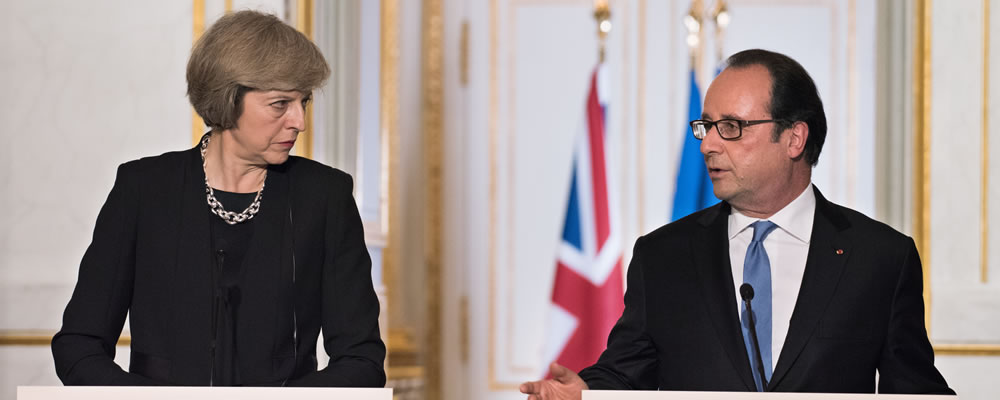The Euro to Pound exchange rate slipped on Monday morning amid news that the UK House of Lords was debating amendments to the Article 50 bill. With the Brexit beginning around a month from now, speculation on whether a ‘soft Brexit’ is still possible have resurfaced.
The Article 50 bill passed through the House of Commons earlier in the month, where UK MPs sent it through smoothly without any amendments.
However, this week the House of Lords is discussing the Article 50 bill. The leading Conservative Party does not have a majority in the House of Lords. This will make the House of Lords discussion the last and biggest hope for Article 50 amendments.
Pound investors have largely settled on the reality of the UK government’s Brexit plan. However, amendments could be made that would see the government fighting to keep more EU membership benefits during Brexit negotiations.
The Euro to Pound exchange rate slipped on Monday after a former Labour MP claimed the House of Lords was likely to attach conditions to Article 50 during this week’s discussions.
The House of Lords is set to meet at 15:30 GMT on Monday and will have a final meeting on Tuesday.
Analysts predict the House of Lords will focus on giving UK MPs more say over Brexit deals as well as calls to guarantee EU citizens’ rights to live in the UK.
However, any possibility that Article 50 amendments will include calls for UK access to the EU single market will leave the Pound stronger.
As Sterling rose on hopes of Article 50 amendments on Monday, this also means it will fall if no amendments are made that impress Pound traders.
While investors have largely accepted the reality of a hard Brexit, this does not mean that a hard Brexit itself will no longer have an effect on the Pound.
As Brexit negotiations continue and it becomes clearer whether there will be a smooth transition or a cliff-edge scenario, the Pound will continue to react.
The Euro will easily be able to benefit from Pound weakness if the European Union and Eurozone are able to hold a stronger position in Brexit negotiations than Britain.
In fact, it’s quite possible the EUR GBP exchange rate will become increasingly politically correlated during the negotiation period.
This could be complicated in 2017 if populist politicians take power in French, the Netherlands or German elections this year.
Ultimately however, the Pound is likely to see ongoing long-term pressure from the Brexit process amid hard Brexit concerns that will only be relieved by significant UK-EU trade hopes.
At the time of writing, the Euro to Pound exchange rate trended in the region of 0.85. The Pound to Euro exchange rate traded at around 1.17.


Comments are closed.